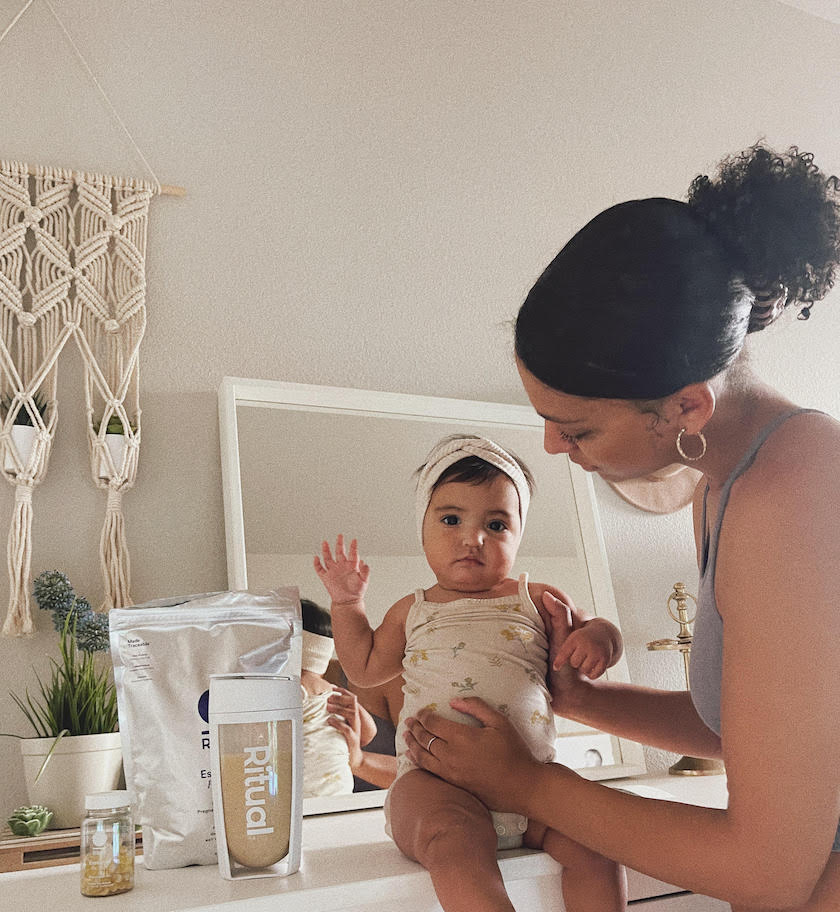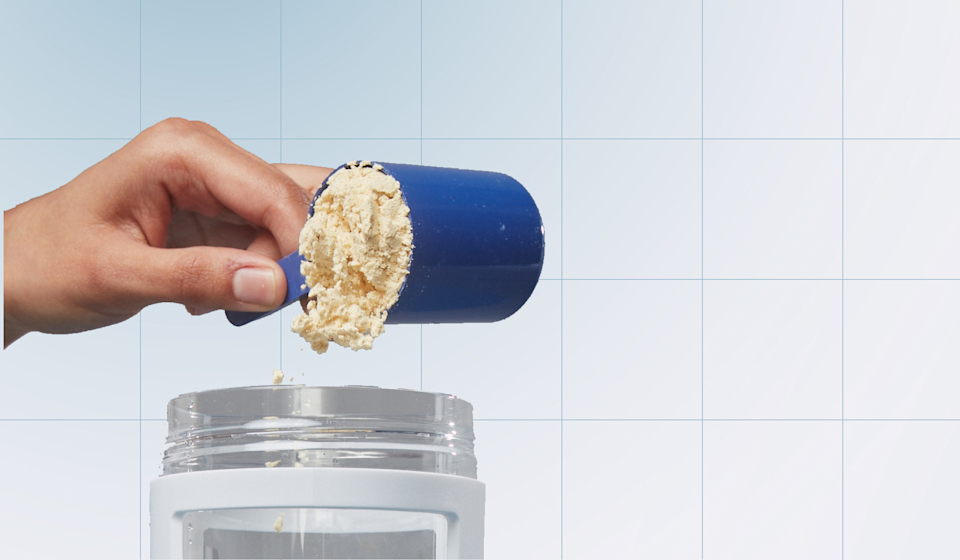According to the American College of Obstetricians and Gynecologists (ACOG), eating well is one of the best ways to support the body during this time. You may have heard of the phrase “eating for two”, and while it’s true that pregnant women† need to consume extra calories in order to support baby’s growth—the Institute of Medicine recommends women gain anywhere between 11-40 pounds, depending on BMI—it may be more helpful to reframe the maxim as eating twice as healthy, instead.* (5, 7)
The good news? Aside from cutting out a few no-nos (alcohol, caffeine, unpasteurized dairy products, and raw fish, for example), making healthy food choices while expecting doesn’t have to be overcomplicated. Focusing on a balanced diet of macronutrients and micronutrients is a great start, and prioritizing produce (green leafy vegetables, citrus fruits, blueberries, pomegranates—anything in its unprocessed, natural form) is never a bad idea.
A quick refresher on macronutrients and micronutrients: Our bodies need a careful balance of both. Macronutrients refer to nutritional compounds we need in large quantities, like protein (in addition to vegan protein sources such as beans and lentils, protein is also found in lean protein like chicken and red meats, including lean beef); carbs (try sweet potatoes or whole grains, like brown rice or whole wheat bread); healthy fats (think avocados, nuts, or fatty fish); and water (because staying hydrated is important, and can help with easing pregnancy-related constipation). Micronutrients refer to vitamins and minerals—nutritional compounds that we need in smaller amounts, but are by no means less important. Consider B-vitamins such as biotin, which supports normal energy-yielding metabolism (or folate, which supports DNA methylation); vitamin D, which supports bone health alongside calcium; vitamin C, which supports normal immune function; and vitamin A, which lends support for normal vision health.)* (6, 7)














